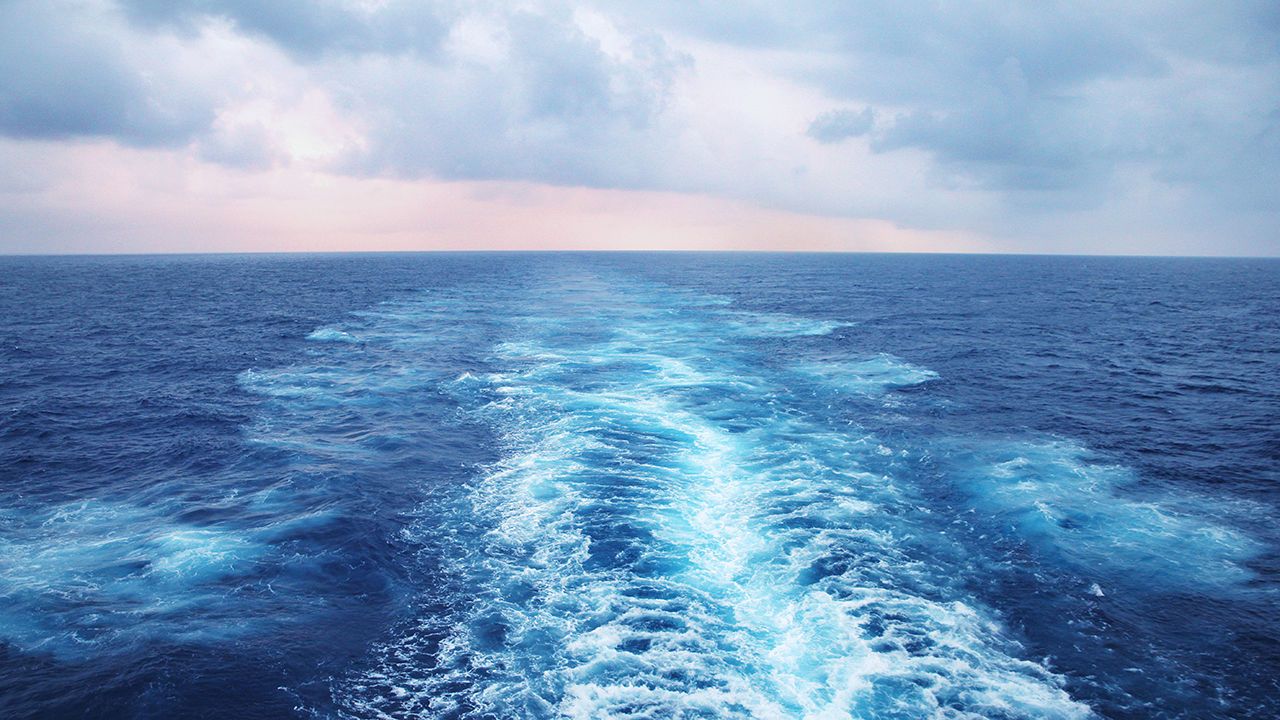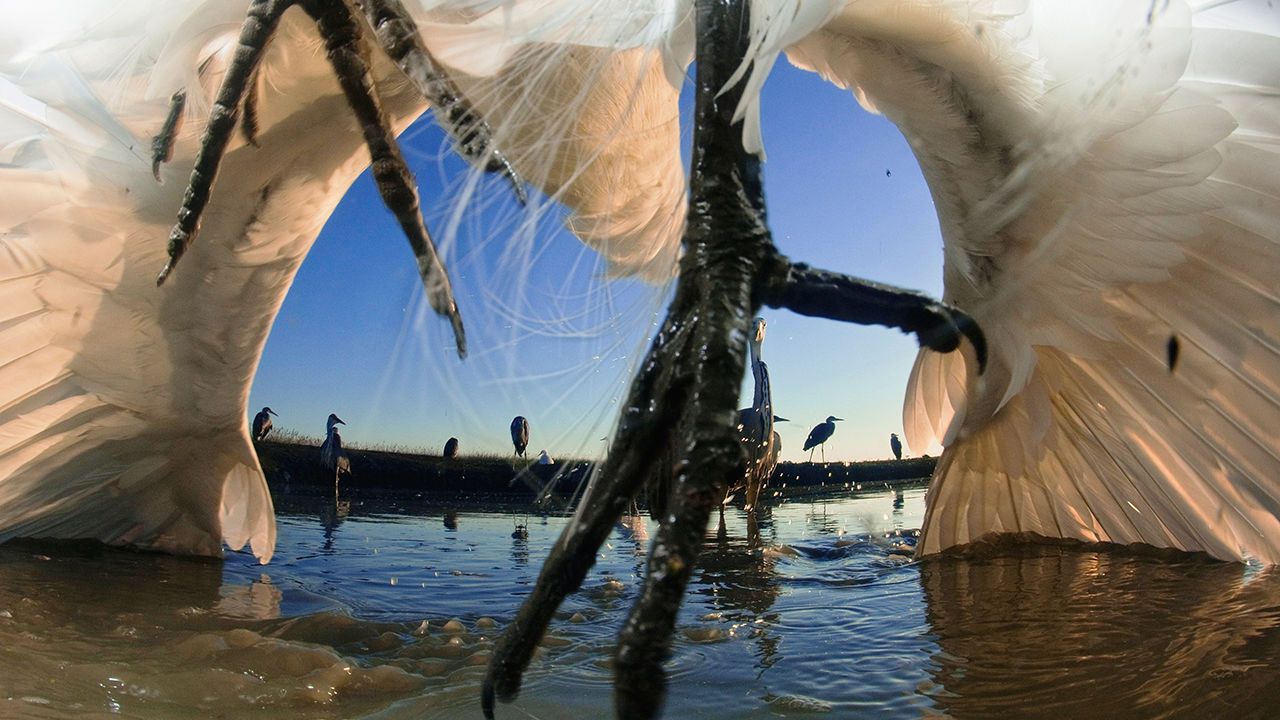Noise-dampening tech could make ships less disruptive to marine life
Solutions include bendy propellers and “acoustic black holes”

MORE THAN 1,000 metres below the surface of the oceans, darkness reigns. For animals living in this perpetual twilight, vision is irrelevant; acoustic signals, instead, are how they navigate, communicate and search for food.
This article appeared in the Science & technology section of the print edition under the headline “The sound of silence”
Discover more

Elon Musk’s SpaceX has achieved something extraordinary
If SpaceX can land and reuse the most powerful rocket ever made what can’t it do?

Could life exist on one of Jupiter’s moons?
A spacecraft heading to Europa is designed to find out

Meet Japan’s hitchhiking fish
Medaka catch rides on obliging birds, confirming one of Darwin’s hunches
AI wins big at the Nobels
Awards went to the discoverers of micro-RNA, pioneers of artificial-intelligence models and those using them for protein-structure prediction
Google’s DeepMind researchers among recipients of Nobel prize for chemistry
The award honours protein design and the use of AI for protein-structure prediction
AI researchers receive the Nobel prize for physics
The award, to Geoffrey Hinton and John Hopfield, stretches the definition of the field
